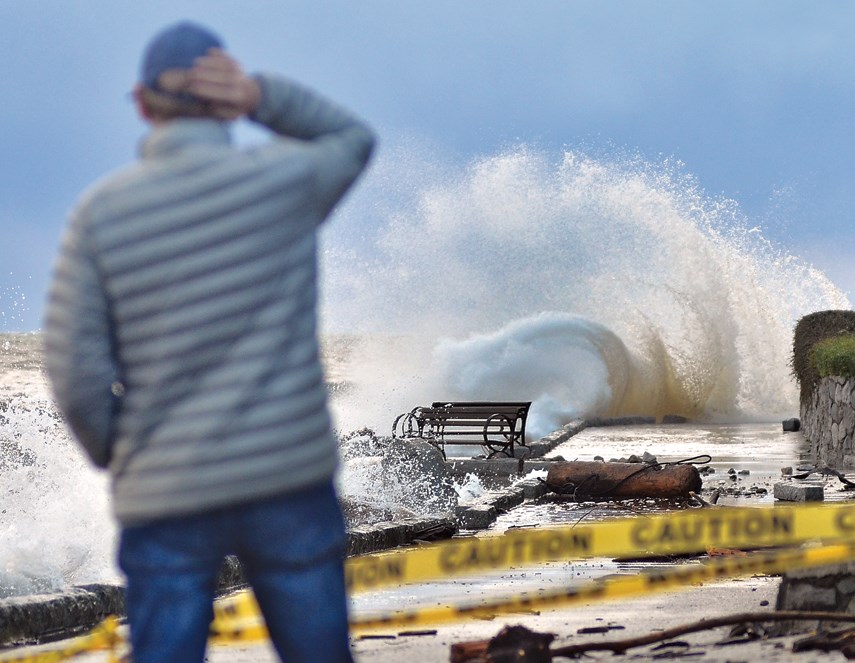Earth Day. It started in 1970 as a feel-good way to get people talking about the environment, back when gas was leaded and we sent our cans, cardboard and food scraps to landfills for eternity. We’ve come a long way.
This Friday, April 22, is Earth Day, but we won’t be asking you to turn your lights out for an hour as a symbolic gesture. We are well past the point of symbolic gestures.
In the last year, British Columbia lost an entire town to a wildfire. We were physically cut off from the rest of Canada when our highways and rail lines were washed out. Seniors died in their overheated apartments. We choked on forest fire smoke. And our waterfront was thrashed by a violent storm.
We have seen the future of the status quo and it is miserable, expensive and, in some cases, fatal. The bottom line is we need to learn to live without carbon in our homes, our transportation and our industry, and we need to do it quickly.
The good news is the technology we need to transition off carbon is largely here and only getting better. We just need our leaders to make it so.
Frustratingly, we see too many cases of one step forward, two steps back in government policy: taxing carbon while ramping up extraction of, and subsidies for, fossil fuels.
The City of North Vancouver recently adopted a new transportation strategy – one that puts walking, cycling, and transit as the top priorities for mobility going forward. That may not be to the liking of the motoring public who want more lanes, cheaper gas and abundant free parking.
But we’ve seen the alternative. And it’s hell on earth.
What are your thoughts? Send us a letter via email by clicking here or post a comment below.



